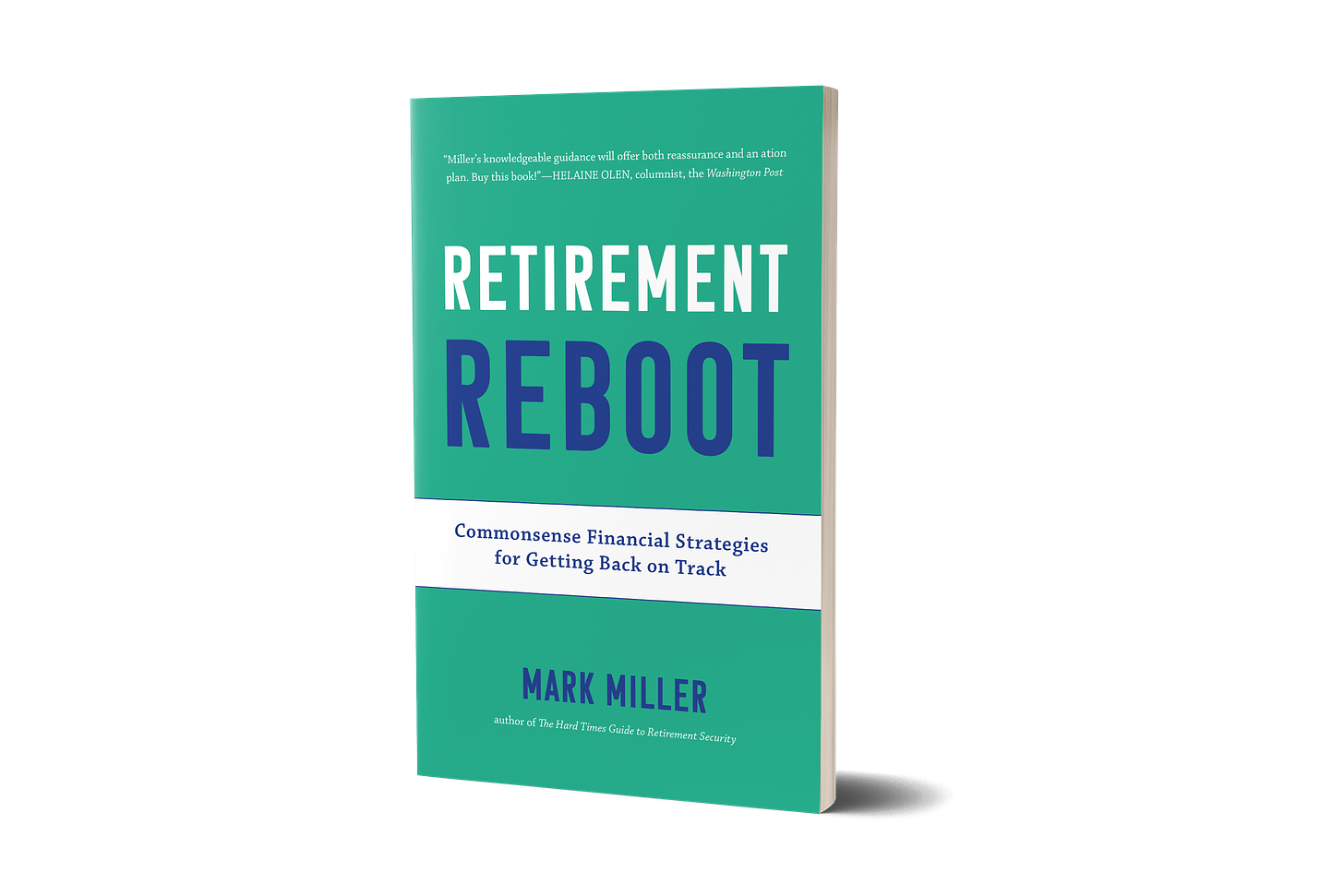Reforming Social Security may sound like an issue of interest mainly to older Americans. But any changes Congress might make to address the looming shortfalls of the program will actually have a far larger impact on Gen Xers, millennials and the younger generations that follow.
Younger workers will need Social Security even more than the millions of baby boomers now claiming their benefits. That means GenXers and millenials should be paying close attention to the political debate about Social Security that began heating up this year in the wake of President Joe Biden’s State of the Union address last month.
Certainly, some changes will be needed. Unless Congress acts by 2035, the mismatch between revenue coming in from the Federal Insurance Contributions Act (FICA) and benefits paid out will require an estimated across-the-board benefit cut of 20% to 25%.
The cuts would be especially painful for today’s younger workers and people of color. Forty-nine percent of “early millennials” - born between 1980 and 1989 - would lack the income they need to meet basic living expenses, according to projections by the Urban Institute. For Black and Hispanic adults in that age group, the figure jumps to 53% and 62%, respectively, the think tank found.
Smaller Social Security checks already are baked in to the cake for Gen Xers and millennials as a result of the reforms enacted by Congress in 1983. That legislation put in motion a gradual increase in the Full Retirement Age (FRA), or the age when you qualify to receive 100% of your benefit. Before 1983, the FRA was 65, but for everyone born in 1960 and later, it is 67. Every 12-month increase in the FRA roughly equates to a 6.5% cut in benefits.
But other factors also are putting younger workers at a disadvantage. Learn more in my latest Reuters column. Also see the story I wrote for the New York Times last month digging further into the details of the differing approaches of the two political parties to this critical retirement issue.
Talking Retirement Reboot
I’ll be talking about Retirement Reboot at Bookends & Beginnings in Evanston, Illinois the evening of April 13th. If you’re in the vicinity, please stop by to say hello. I’ll offer brief remarks, do some Q&A and sign copies. The event is free, but please RSVP here to help us get an accurate head count.
Retirement Rebootcast: The entire series is online
The six-part podcast series on the key themes of my new book is now online. I hope you’ve enjoyed all of these conversations with experts on key retirement topics, but in case you missed any of them, here are links. You can also subscribe on Apple Podcasts or Spotify (search “Retirement Revised”).
You’ll find engaging discussions on the importance of making a plan for retirement, optimizing Social Security, navigating Medicare and much more.
How retirees can avoid the tax torpedo
It’s a long-standing principle of retirement drawdown strategies: Preserve the tax-saving benefits of tax-sheltered investments as long as possible.
But there’s no-one-size-fits-all rule here, and a growing number of retirement researchers are pointing to a different approach: Tap tax-deferred accounts first in the early years of retirement in order to reduce the total lifetime tax burden. The idea is to use dollars in 401(k) or IRA accounts to meet living expenses—or convert a portion of these assets to Roth IRA accounts—before claiming Social Security in years when your marginal tax rate is lower than it will be after you start to receive benefits.
This approach takes advantage of Social Security's valuable delayed claiming credits while minimizing taxes on ordinary income. It also can help avoid or minimize taxes on Social Security benefits and Medicare income-related monthly adjustment amounts levied on high-income retirees, and the net investment income surtax.
Learn more at Morningstar.com.
What I’m reading
Medicare Advantage plans are using AI to deny claims . . . Savers pile money into CDs as rates top 5% . . . Arnold Schwarzenegger's last act.




Great piece and I hope it launches a debate and engagement on college campuses